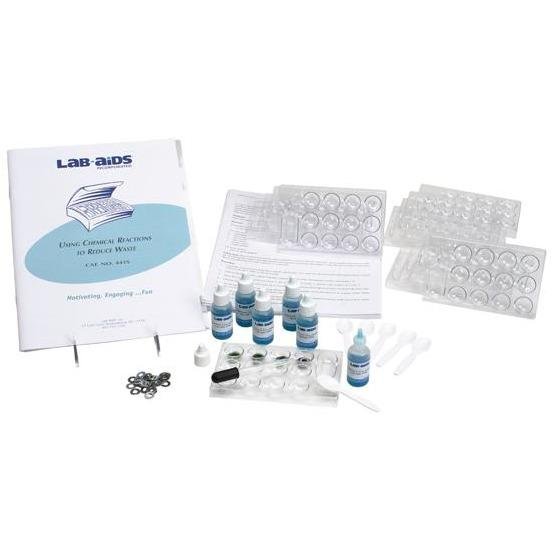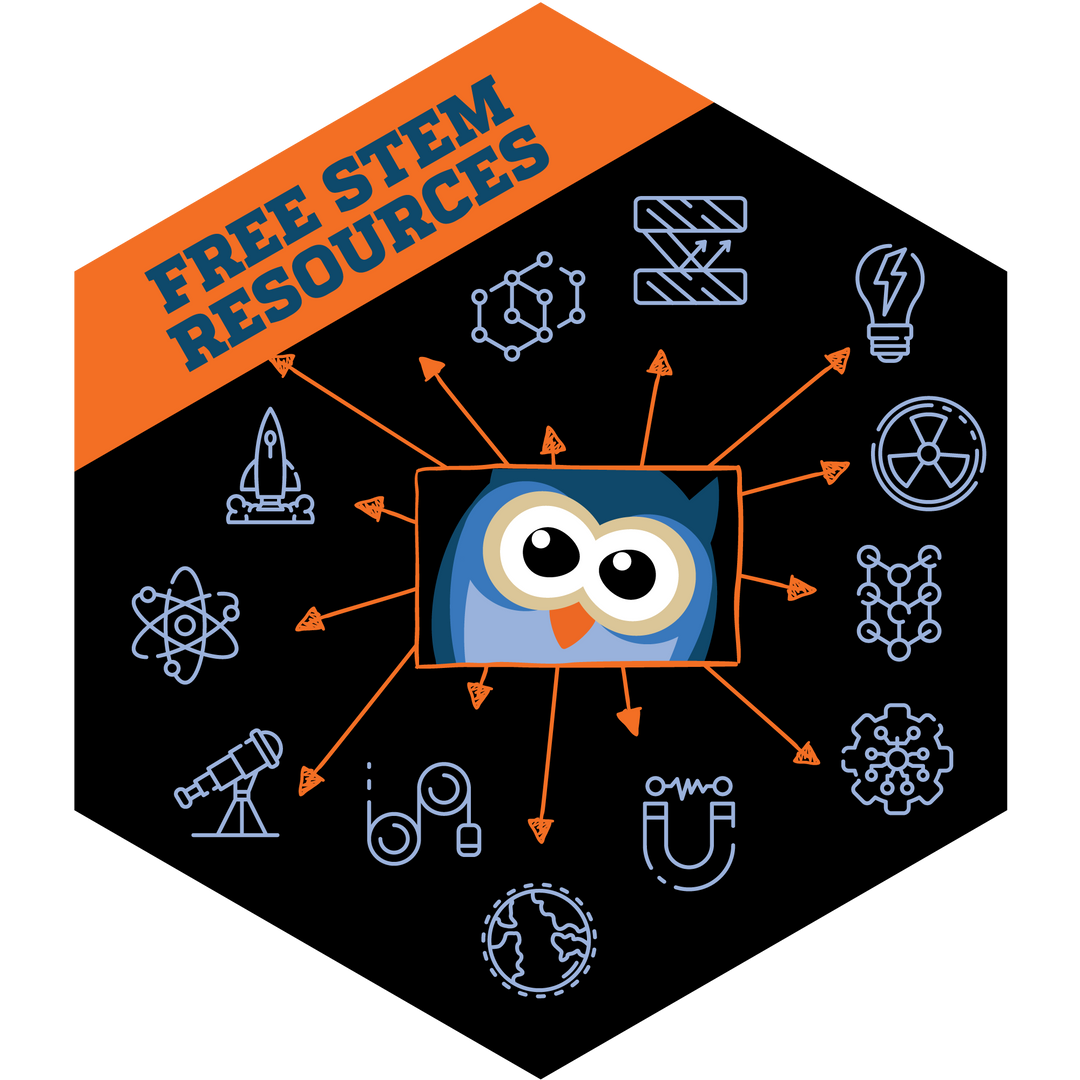Lab-Aids: Using Chemical Reactions to Reduce Waste Kit
Students learn that wastes from many industrial processes contain toxic or valuable substances that can sometimes be reclaimed then recycled or disposed of safely. Working in groups, students reclaim copper from a liquid "waste" containing dissolved copper chloride. They measure the effectiveness of three different metal replacement reactions at removing the copper from the "waste". They then compare the effectiveness, cost, and safety information for each replacement reaction and decide which metal would be the best to use for removing the copper from the "waste". Developed by SEPUP.
Scientific Concepts:
- Toxic waste is harmful to living organisms and must be disposed of according to strict guidelines
- Toxic elements can be reclaimed from waste through chemical reactions
- One property of a metal is its reactivity with other substances
- Different metals react differently, in some cases replacing one another in solution
- Identifying and controlling variables is essential to good experimental design
- Making decisions about complex issues often involves trade-offs
Content List:
- 1 Teacher's Guide with MSDS
- 28 Student Worksheets and Guides
- 13 Chemplates‚®
- 12 Aluminum washers
- 12 Iron washers
- 12 Zinc washers
- 6 Waste copper chloride solution, 15-mL drop control bottles
- 6 Plastic spoons
- 1 Dropper
- 1 Transparency: Wastewater Discharge Limits
Classroom Planning:
- To complete this kit requires one to two ~50-minute class periods
- Number of Students: 24














